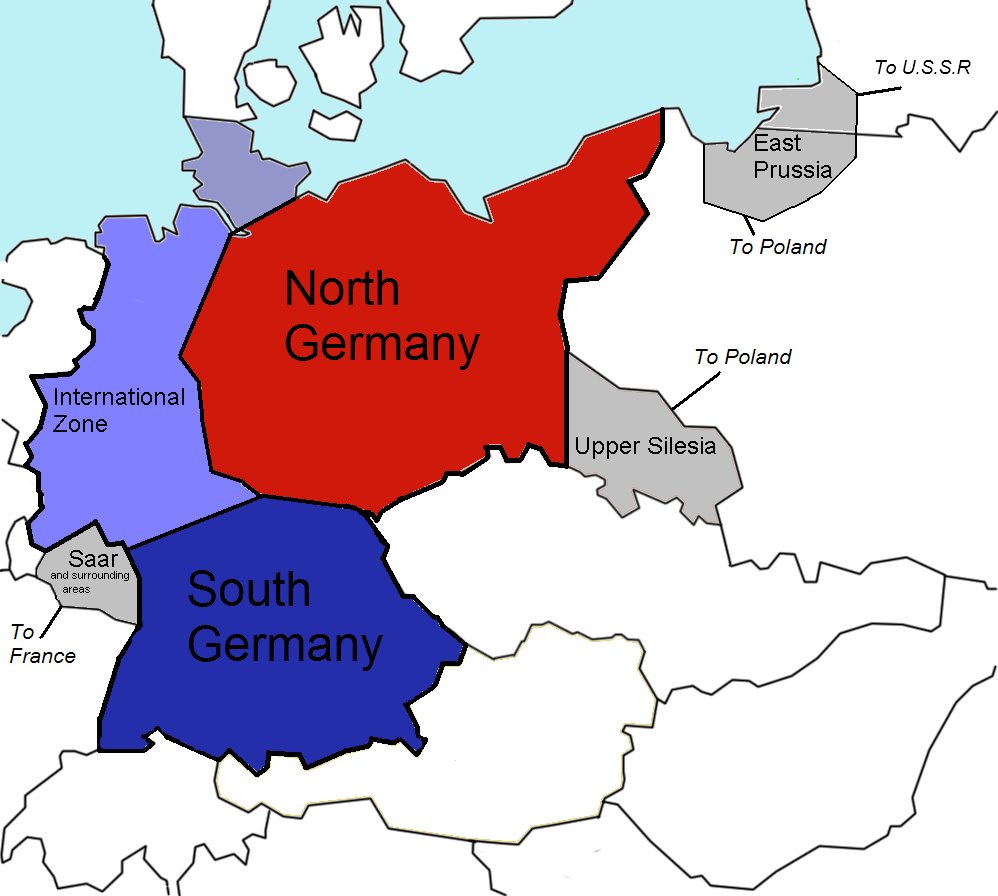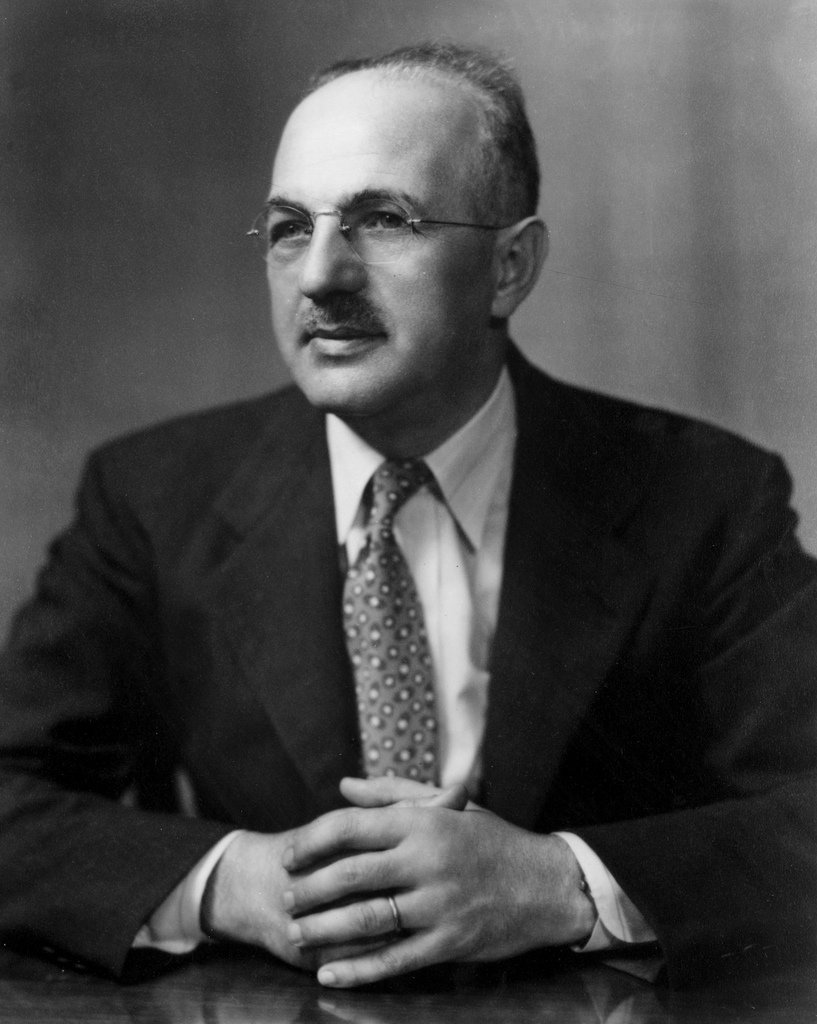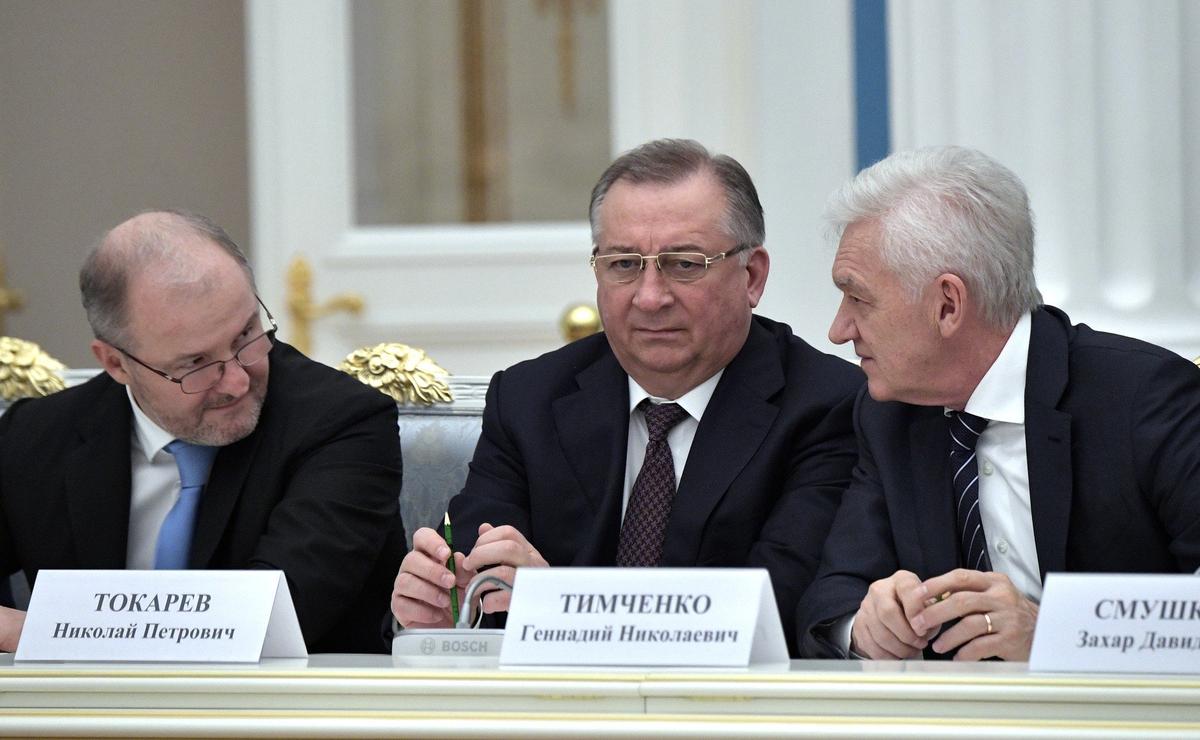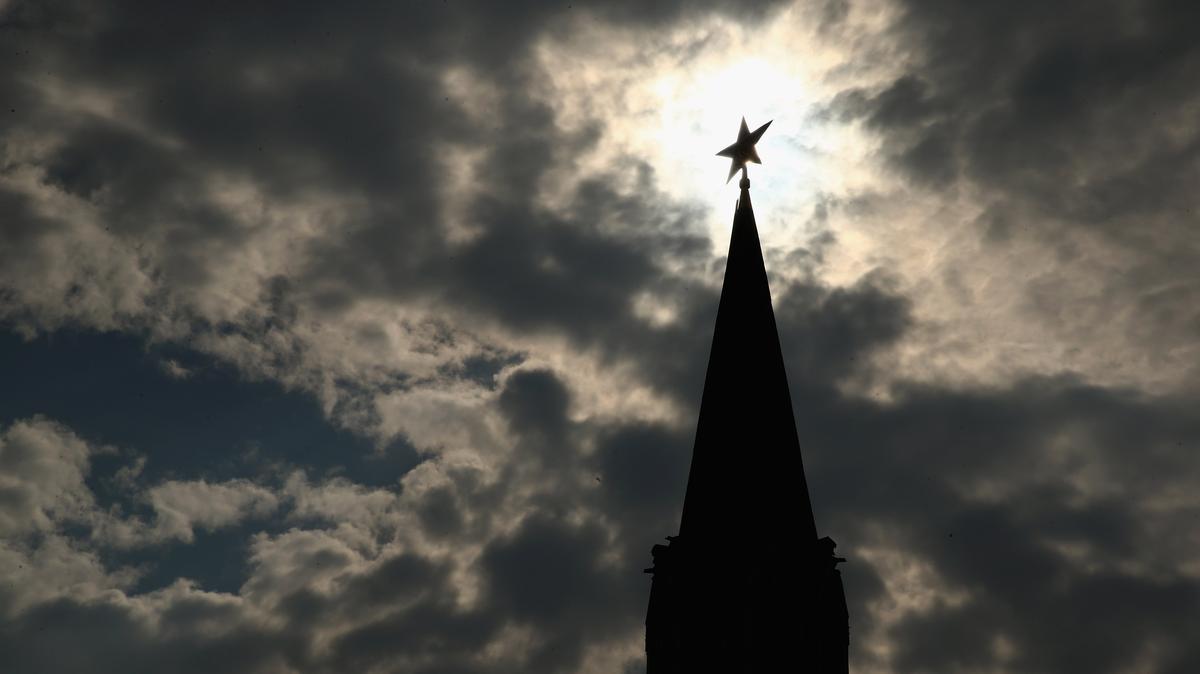In 1948, the US started rolling out its Marshall Plan for West Germany. The recovery programme revived the German economy and stripped totalitarianism of its backbone — the economic basis. When a nation is poor and bitter, it tends to look for retribution in its geo-erotic fantasies. Meanwhile, full-bellied people are primarily concerned with making sure their bellies stay full.
Few know that the Marshall Plan actually came to succeed another programme, the Morgenthau Plan named after Henry Morgenthau, US President Franklin D. Roosevelt’s right hand and Secretary of the Treasury.
The Morgenthau Plan represented a polar opposite of the Marshall Plan. It envisaged a complete elimination of Germany’s industrial sector and its transformation into an underdeveloped agrarian economy similar to Romania at the time.
The Morgenthau Plan was given the go-ahead by Roosevelt and UK Prime Minister Winston Churchill in September 1944 at the Second Quebec Conference. In some sense, Dresden was completely flattened as part of the Morgenthau Plan.

The planned partition of Germany into the North and South States as well as the International Zone. Grey areas were meant to be ceded to France, Poland and the Soviet Union. Photo: Wikimedia Commons
The Morgenthau Plan envisioned two events. The first is that 40% of the German population would simply die because an agrarian economy could not sustain such a dense population like in an industrialised country. The second is that Germany would turn into a failed state at the heart of Europe for decades to come, a source of infinite vitriol and the perpetual Versailles Syndrome — a potential trigger for new world wars.
The birth of the Morgenthau Plan is interesting in itself. It was actually authored by Harry Dexter White. White was an exceptional economist and Morgenthau’s closest aide. Who was also an NKVD agent. To be even more precise, White was an inspired communist and a virtual citizen of the future Socialist United States of America.

Harry Dexter White. Photo: Wikimedia Commons
In his spare time White was drafting a financial stabilisation plan for the Soviet Union, while Soviet spy Vitaliy Pavlov notes that White courteously paid for his lunch at a restaurant when he met with his new curator after a long break. The break came after White’s previous spymaster, Iskhak Akhmerov, was recalled, fell out of favour with Moscow, and miraculously escaped execution.
The reason behind White’s meeting with young Pavlov was that Akhmerov sought to hand over his plan of dragging the US into the war with Japan to White. The economist took notice of the plan, put it on paper in his own words, and many details of this document made it to the famous Hull note that practically cornered Japan.
In other words, the NKVD and Joseph Stalin were the real authors of the Morgenthau Plan.
Stalin’s benefits from the execution of the Morgenthau Plan were double-barrelled. If it ever came to fruition, the Soviet dictator would obtain a constantly rotten ulcer in the middle of Europe which could be used to launch a new world war at any given time.
Secondly, and it was a small tactical consolation, the Morgenthau Plan was immediately leaked to the press through — surprise! — a big friend of the Soviet Union, journalist Drew Pearson.
Support independent journalism
Joseph Goebbels, chief propagandist of Nazi Germany, immediately jumped at the opportunity to say that the Allies were intending to devolve Germany into a “huge potato field”, German soldiers on the Western front were inspired to fight even more feverishly, the Soviet army’s offensive was moving ahead even faster, while the very associates of George Marshall (the Marshall Plan, that one) started complaining that the Morgenthau Plan was “worth thirty divisions to the Germans”.
This is the first lesson of the Morgenthau Plan. Even though it was exploiting the very familiar feelings — Germans deserved it, they are all to blame and should answer for it, genetic slaves, the German culture breeds totalitarianism — and nobody in the West had it in them to oppose it amid the war, in reality it was concocted by the West’s archenemies.
I am not convinced that a post-Putin Russia deserves a Marshall Plan, as proposed by Russian opposition figure Leonid Volkov. Occupation and a complete devastation of the country would warrant that, but the only person who is destroying Russia now is Putin.
But I am certain that
the implementation of something Morgenthau Plan-adjacent to deal with Russia will either conserve the Putin regime in its current state or foster a new similar one.
Meanwhile, the West is starting to apply the very Morgenthau Plan against Russian citizens and businesses, deliberately or not.

Owner of AEON Roman Trotsenko, Transneft President Nikolay Tokarev, and Volga Group Founder Gennady Timchenko (left to right). Photo: the Russian president’s website
We’ve long moved past the idea that sanctions are only targeting Putin’s oligarchs. In reality, not a single person who has a US, UK or EU passport can do business in Russian now. Which means that Russian businessmen are forced to choose whether to kiss their businesses goodbye or return to Russia. At the same time, any Russian person who remains in Russia is labelled Putin’s accomplice.
All names on the Russian Forbes list were automatically added to Ukrainian sanction lists along with brazen collaborators and Putin’s cronies. The lists include a vast number of directors of small regional companies for the following: the business of this person was paying taxes in Russia which funded the aggression against Ukraine’s territorial integrity.
Moreover, Kyiv slapped sanctions on Sergey Petrov, founder of Rolf Group who funded Alexey Navalny and lost his business because of it, Oleg Tinkov who condemned the war and was forced to sell his business for pennies, and Aeroflot Vice President Andrey Panov who quit his position with the airline after 24 February, left Russia, wrote opinion pieces for the Wall Street Journal and the Financial Times where he denounced the war, and had a criminal case opened against him in Russia.
If we consider paying taxes in Russia back in 2008 as a crime (Evgeny Chichvarkin complains that Ukrainian sanctions are also applied to two businessmen who sold their ventures in 2008 and were helping the Ukrainian armed forces through Chichvarkin), then it will take us way too far.
The people who stay in Russia or run businesses in the country do so for very different reasons. Some (and I believe that they are the majority) hate Putin but remain his hostages. Some believe that the war is a crime and a mistake but are not willing to wish defeat on their own country. Some are horrified by mass murders of Ukrainians, while others are outraged that generals treat Russian soldiers as cannon fodder.
It is not realistic to press demands like “condemn the war and get removed from the sanction lists” for these people.
You might as well castigate concentration camp prisoners for not publicly standing up to their torturers from that high horse. This position does give you a warm feeling of your own moral impeccability, but it is politically senseless and only corners people. We can applaud the heroic traits of those who do, but we cannot in all seriousness present these options to an average Joe: either land yourself in prison and lose your business or be regarded as a regime enabler.
I am often asked: where is the Russian opposition and what can it do? Well, I have an answer. The true basis of the Russian opposition is the whole of Russian business and even, you will laugh now, a part of the establishment. These are the people who are, to a varying degree, potential opponents of Putin and allies of the free world.
These are the people who sooner or later will have to build a new Russia. I believe in a palace coup much more than a “revolution from below”. And honestly, I don’t have any faith in a possible rise to power in Russia of permanent political emigrants who in attempt to be regarded more European than European themselves brand anyone who keeps silent as genetic slaves and accuse hostages of not fighting terrorist back from their moral high ground.
It’s not wise to target these people with a revived Morgenthau Plan. As [Ukrainian presidential adviser] Oleksiy Arestovych says, a smart person seeks allies, a stupid one breeds enemies.
Join us in rebuilding Novaya Gazeta Europe
The Russian government has banned independent media. We were forced to leave our country in order to keep doing our job, telling our readers about what is going on Russia, Ukraine and Europe.
We will continue fighting against warfare and dictatorship. We believe that freedom of speech is the most efficient antidote against tyranny. Support us financially to help us fight for peace and freedom.
By clicking the Support button, you agree to the processing of your personal data.
To cancel a regular donation, please write to [email protected]

